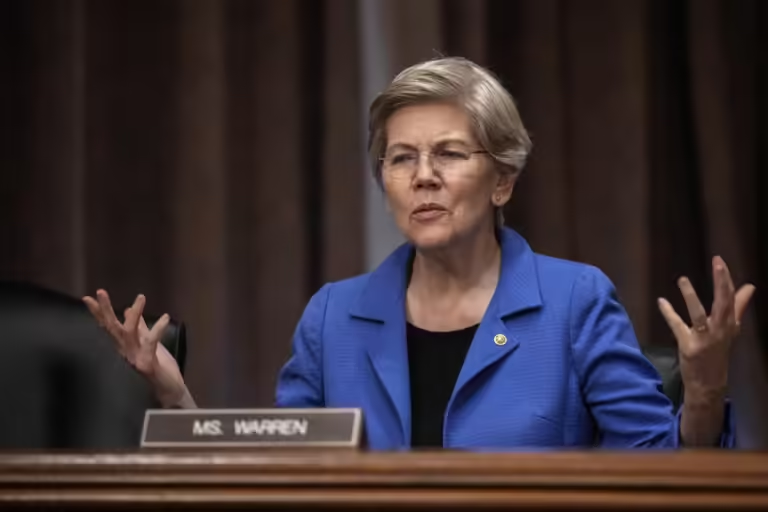There’s a fascinating shift happening in the political landscape concerning Bitcoin. Once dismissed by major political figures like Donald Trump, Hillary Clinton, and Elizabeth Warren, Bitcoin is now being recognized for its potential to safeguard freedom and influence elections.
Former President Trump, who previously labeled Bitcoin as a scam, has changed his tune. He now embraces Bitcoin, aligning it with his America-first agenda. Trump has declared himself the “crypto president,” promising to protect Bitcoin from regulatory threats and promoting the idea that Bitcoin should be produced domestically. This shift is partly driven by the booming growth of the crypto industry and its significant fundraising and lobbying power. For instance, Fairshake, a new crypto Political Action Committee (PAC), has raised $177 million, ranking just behind major political fundraising groups.
Bitcoin is likened to a Trojan horse—while it might be used by some for financial gain or political leverage, its true power lies in its resistance to financial censorship. Bitcoin empowers those outside traditional power structures, offering a safeguard against authoritarianism. It’s censorship-resistant money that provides a safety net for individuals facing financial oppression, as seen in cases like Russia’s treatment of political dissidents.
The Democratic party is encouraged to adopt a pro-Bitcoin stance, not just to counter Trump’s strategy but to align with their values of financial inclusion and equality. By supporting Bitcoin, they can appeal to swing voters who care about crypto and provide a financial system that stands resilient against authoritarian control.
Bitcoin represents more than just a financial asset; it’s a tool for protecting civil liberties and promoting financial freedom. With the upcoming election, both parties are eyeing the crypto vote, recognizing Bitcoin’s potential to shape the future of politics and freedom.



